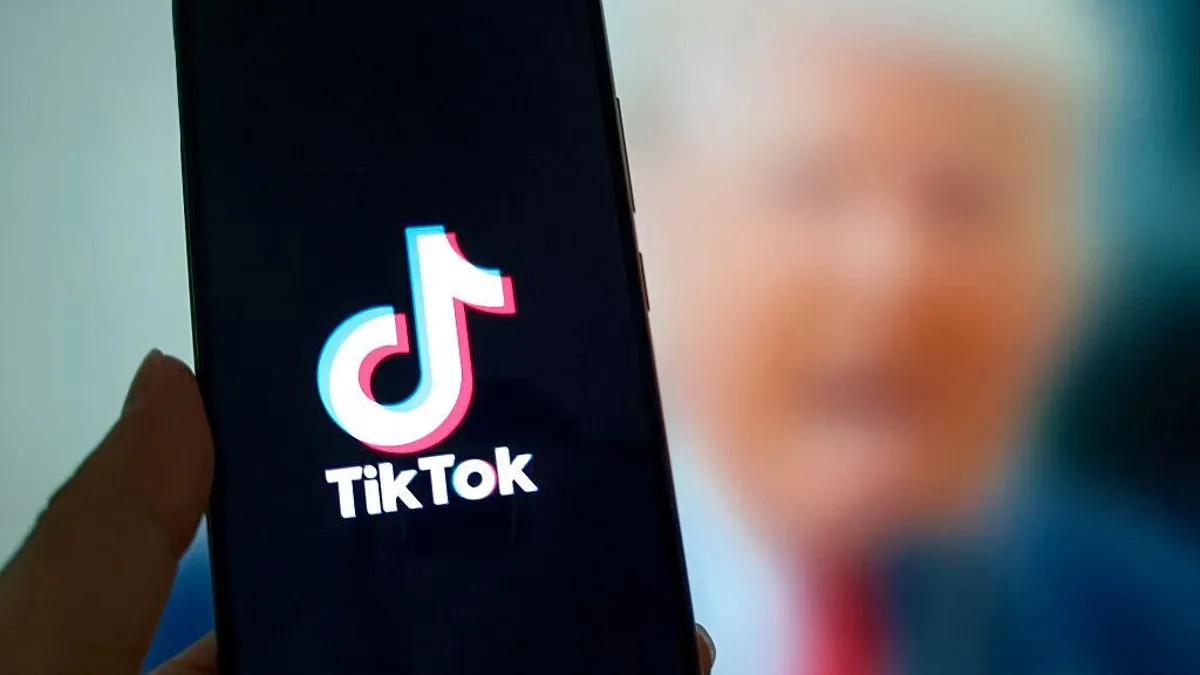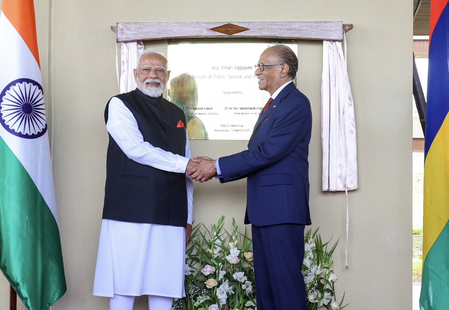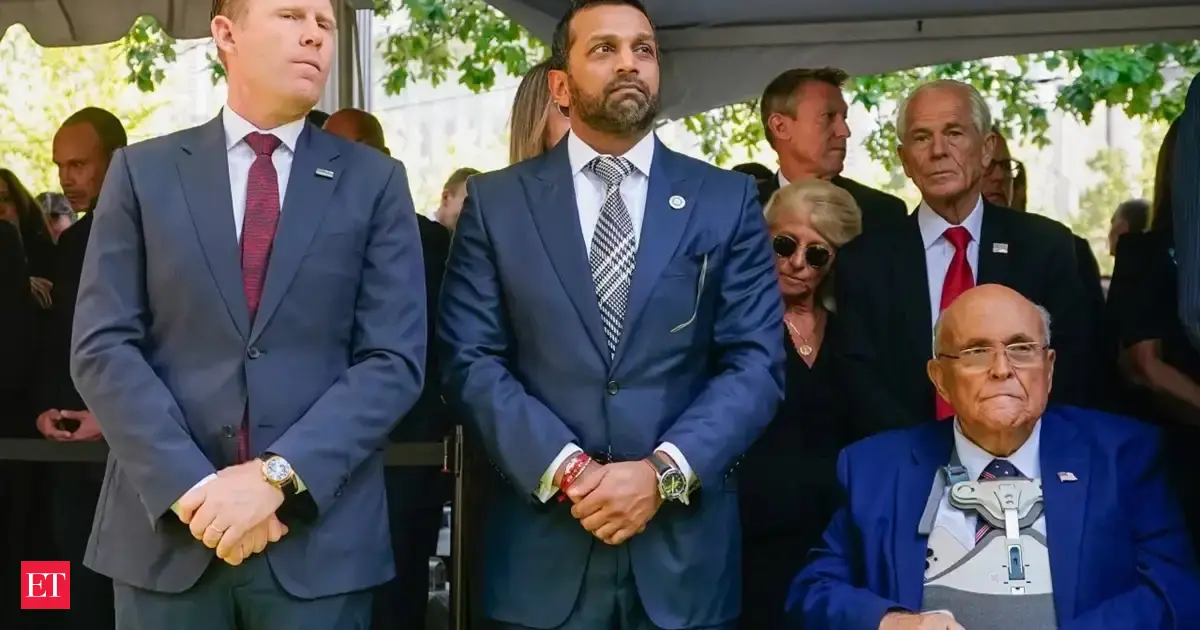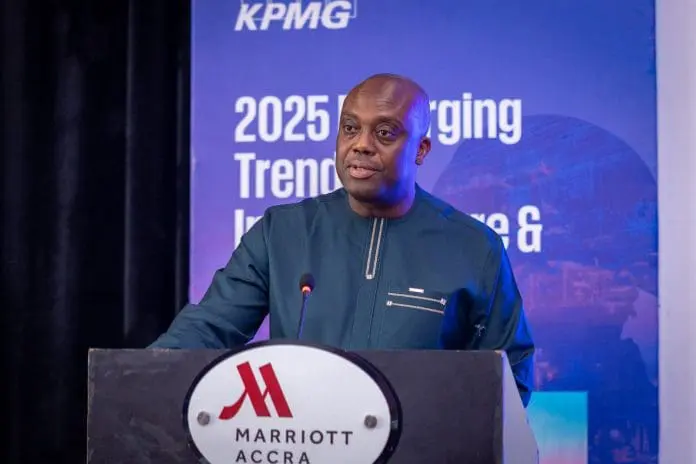
As talks about TikTok’s fate in the US pushed up against an imminent deadline, President Donald Trump has moved the target date yet again.
An executive order issued Tuesday by the White House, titled “Further Extending the TikTok Enforcement Ban,” sets Dec. 16 as the new date through which the Justice Department will refrain from enforcing a law that could have shut down the wildly popular social media app in the US.
That delay comes amid reports that the US and Chinese governments have moved closer to a deal on TikTok, even as experts expressed skepticism about the matter being worked out in a timely manner.
On Monday, Treasury Secretary Scott Bessent said that the two countries had reached a preliminary deal and that “commercial terms have been agreed upon,” according to multiple news reports.
Neither TikTok nor the Treasury Department responded to requests for comment.
On Tuesday, the Wall Street Journal reported that US and Chinese teams this week discussed a plan in which TikTok’s US operations would be controlled by an investor consortium that includes software giant Oracle. US users would move to a new app that TikTok is testing and that would recreate content-recommendation algorithms for the app. The Journal noted that details of the deal have yet to be finalized and could be subject to change.
Trump has plans to talk on Friday with China’s President Xi Jinping about TikTok, reports said.
Under a law passed in 2024 that cited national security and privacy considerations, TikTok’s parent company, ByteDance, had until mid-January 2025 to transfer the social media service to a US-based company. Failing that, the TikTok app would have been essentially off limits in the US. TikTok even shut down briefly for US users before a first delay in enforcement.
Executive orders from Trump in April and June restarted the 90-day non-enforcement clocks.
An agreement over TikTok has been complicated by ongoing trade warring between the US and China and a new ruling against US-based Nvidia. China claims Nvidia has violated anti-monopoly laws in that country.
Skepticism about a TikTok deal
Even with the administration’s suggestion that a deal is imminent, it seemed likely that TikTok’s future could remain in limbo even longer.
“I have seen the TikTok negotiations stall and shift so many times that I am not holding my breath on a deal being completed this week,” said Star Kashman, founder of Cyber Law Firm, who’s been following the TikTok saga. “Every time we hear about progress or a framework getting reached, some external complication throws the whole negotiation back into limbo.”
Tariffs and the Nvidia claims have further complicated what was already a complex negotiation over TikTok, she said Monday. “It is likely that too much is already at play, including ByteDance’s potential obligations to the Chinese government, national security concerns, and privacy issues, as well as the desire to keep TikTok’s addictive algorithm, without isolating and segregating US users.”
Kashman said that none of the parties have been transparent about what would happen to TikTok under US ownership, including addressing reports that a US-only TIkTok app would be offered.
Negotiation factors
If a deal is reached to keep TikTok available in the US, it could be just the start of wrangling over the platform’s future, said one expert on US-China relations.
“The Chinese generally look at the signing of a deal as the beginning of negotiations, not the end,” said Usha Haley, Barton Distinguished Chair in International Business at Wichita State University. “So the devil will be in the details as they unfold over several years.”
Haley said that any deal would be subject to congressional scrutiny and could set a precedent for how future foreign-based apps operate in the US.
The Trump administration would likely insist on US-based storage of TikTok data, independent oversight and insulation from Chinese legal and political demands, while China’s government would want to protect its tech champion and maintain cultural influence, she said.
Whatever requirements the US imposes, Haley said, China might still find a way to maintain some control over TikTok by “keeping some possibly secret doors and trapdoors open for intervention in the future, if needed.”



